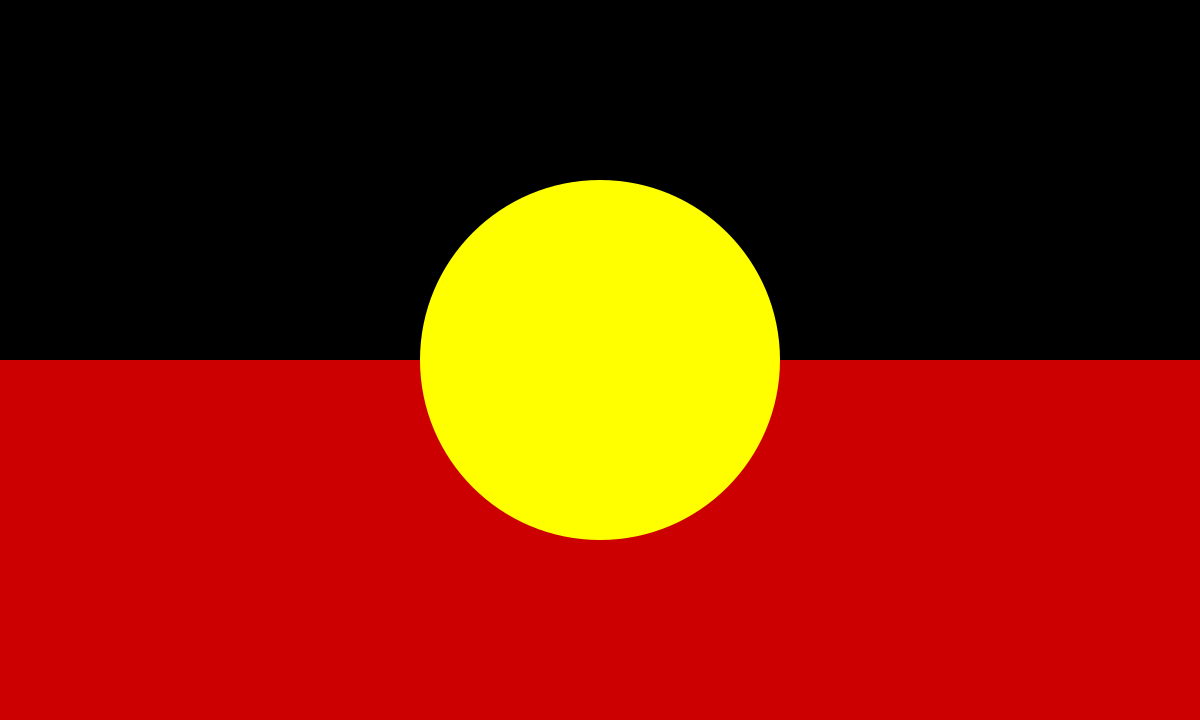Amelia Catt, a 470 Sailor who has climbed to the top of her class rankings with sailing partner Chris Charlwood, not only has a handle on her sporting career, but an innovative understanding of how to best benefit her mental health both in and out of the water.
“Mental health means being mentally healthy, in the same way you would be physically healthy. There may be some niggles, but by doing regular work (IP for the body and the mind) you continue to perform to your very best,” Catt explained.
As a sailor, Catt spends a generous amount of time abroad and away from home, either training across the country in Sydney or competing across the globe in Europe.
“I find training/competing away from home to be a double-edged sword. You can focus completely on your sport (no rushing from work down to the club) but that can be tricky if you have a ‘bad’ day on the water.
“Sport has helped me to focus on my mental health. You are so stripped bare when you are competing, that it is essential to be working on the mental side of your game every day, or your performance suffers.
“Additionally, there are so many great resources that we have available as WAIS athletes, with our in-house Performance Psychologist and AW&E team, to the AIS mental health referral network and your NSO psychologist. This support and resource availability is unmatched outside of sport.”
With the extremely busy timetable that comes with being an elite athlete, it can be easy to let the importance of working on your mental health slide.
Catt identifies three simple ways to maintain good mental health while she balances being away from loved ones and the intensity of her training/competition load.
“I use the ‘Calm’ app almost every day. There are 3-minute sessions that I like to do and I’m also a big fan of the Harry Styles ‘sleep story,’ which sends me off to sleep during competitions.
“It is also really important for me to invest in positive experiences. I used to be worried about doing things on my rest day that would tire myself out for training/competition.
“Over time I realised that ‘doing things’ helps to recharge my mental ‘battery’ and allows me to push harder for longer in training and competition. Doing simple things like getting bubble tea with a teammate, or even going for a dip in the ocean help me to recharge.
“Finally, family is really important to me. When we’re training in Sydney, I like to see them every couple of weeks. It allows time for me to relax, reconnect and also help out with things that need to get done around the house. Even though the travel can be difficult, it really helps me to recharge for training.
“When we’re overseas competing, I facetime my fiancée at least once a day (apologies to my roommates) and various friends.”
Through experience in discovering what works best to better her own mental health, Catt also offers invaluable advice on how an athlete may also form their strategies to understand and better their own mental health.
“For me, mental health is as important as physical health. As an athlete think about how much time you spend getting your body physically ready. How many hours in the gym? How many hours doing injury prevention work? How long do you discuss technique with your coach? So why would you not put some time into your mental health?
“The performance psychologists at WAIS are fabulous and can really help the mental side of your game. Then actioning that plan you make with your mental health team. I promise it will take less time than you spend at the gym each week, and you’ll see a greater performance benefit than any max rep could ever give.”


